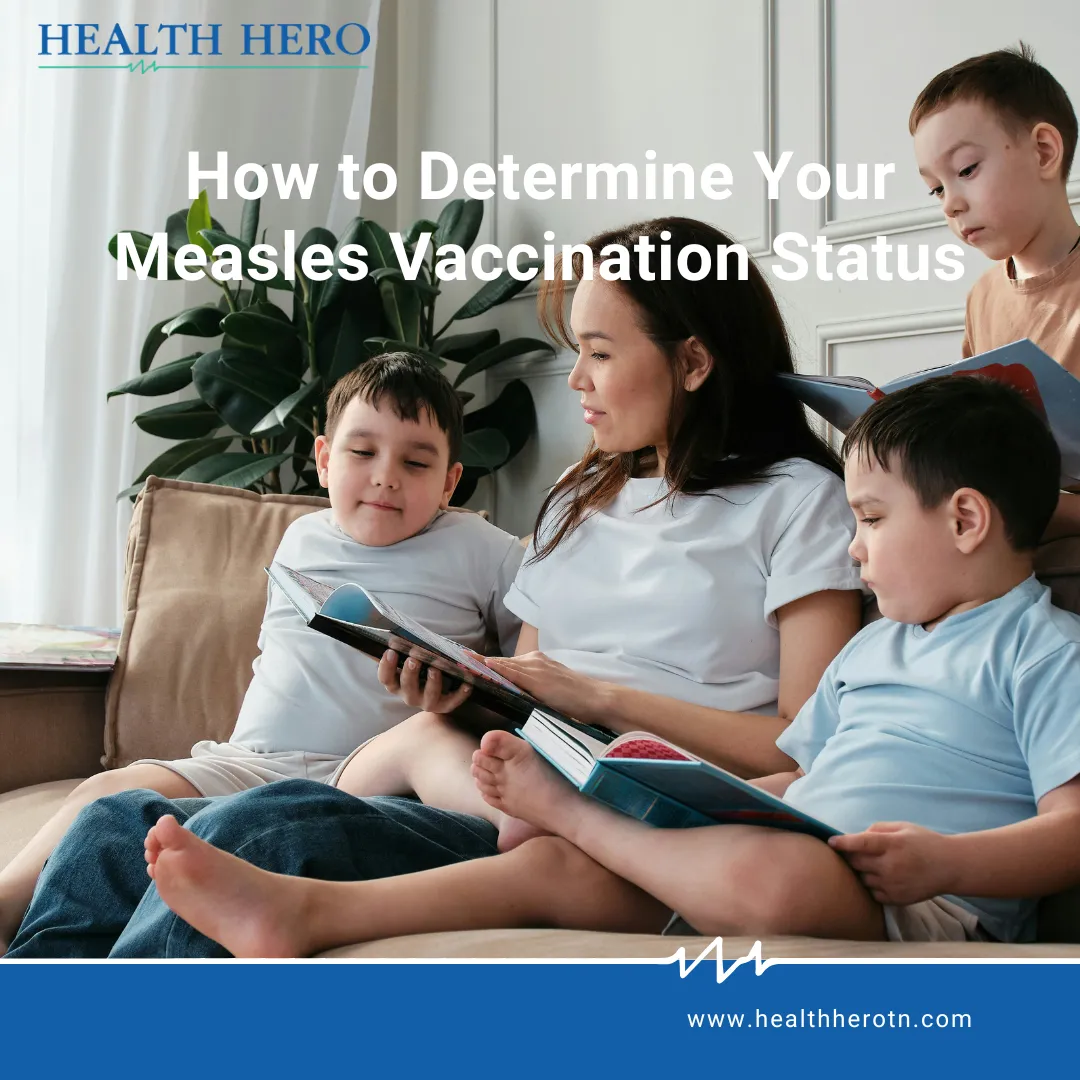In the maze of childhood memories and medical records, it’s not uncommon to forget whether you’ve had specific vaccinations, especially ones administered in early childhood. The measles, mumps, and rubella (MMR) vaccine is no exception. If you find yourself uncertain about whether you received the measles vaccination, don’t worry — you’re not alone. Fortunately, there are steps you can take to determine your vaccination status and ensure you’re protected against this highly contagious disease.
Understanding the Importance of Measles Vaccination
Measles is a viral infection that can lead to serious complications, particularly in young children and adults. Symptoms include high fever, cough, runny nose, and a characteristic red rash. While measles was once a common childhood illness, widespread vaccination efforts have significantly reduced its prevalence. However, outbreaks still occur, emphasizing the importance of vaccination to prevent the spread of this disease.
Steps to Determine Your Vaccination Status
1. Check Your Immunization Records:
- Start by reviewing any available immunization records, such as those from your healthcare provider, school, or previous employers. These records may include documentation of the measles vaccination.
2. Contact Your Healthcare Provider:
- If you’re unable to locate your immunization records or if they’re incomplete, reach out to your healthcare provider. They can access your medical history and vaccination records to determine whether you’ve received the measles vaccine.
3. Consider Your Age:
- If you were born before 1957, you’re likely considered immune to measles because the disease was prevalent before the introduction of the measles vaccine. However, if you were born after 1957 and are unsure whether you received the vaccine, it’s essential to confirm your vaccination status.
4. Assess Your Risk Factors:
- Consider factors that may increase your risk of exposure to measles, such as travel to areas where measles is endemic or outbreaks are occurring, occupation (e.g., healthcare workers), or contact with individuals who have measles. If you believe you’re at increased risk, it’s crucial to confirm your vaccination status and, if necessary, receive the vaccine.
5. Serologic Testing:
- In some cases, your healthcare provider may recommend serologic testing to check for immunity to measles. This involves a blood test to measure the presence of measles antibodies, which can indicate whether you’ve been vaccinated or have had the disease in the past.
The Importance of Measles Vaccination
Measles vaccination is not only essential for individual protection but also for community immunity. By ensuring that you’re vaccinated against measles, you not only safeguard your health but also contribute to the prevention of outbreaks and the protection of those who are unable to be vaccinated, such as individuals with compromised immune systems.
Conclusion
If you’re unsure whether you’ve had the measles vaccination, don’t hesitate to take steps to confirm your vaccination status. Checking your immunization records, consulting with your healthcare provider, and considering your risk factors are all important in ensuring you’re protected against this potentially serious disease. By taking proactive measures to confirm your vaccination status, you’re not only protecting yourself but also contributing to the collective effort to prevent the spread of measles. Your health and the health of your community depend on it.


